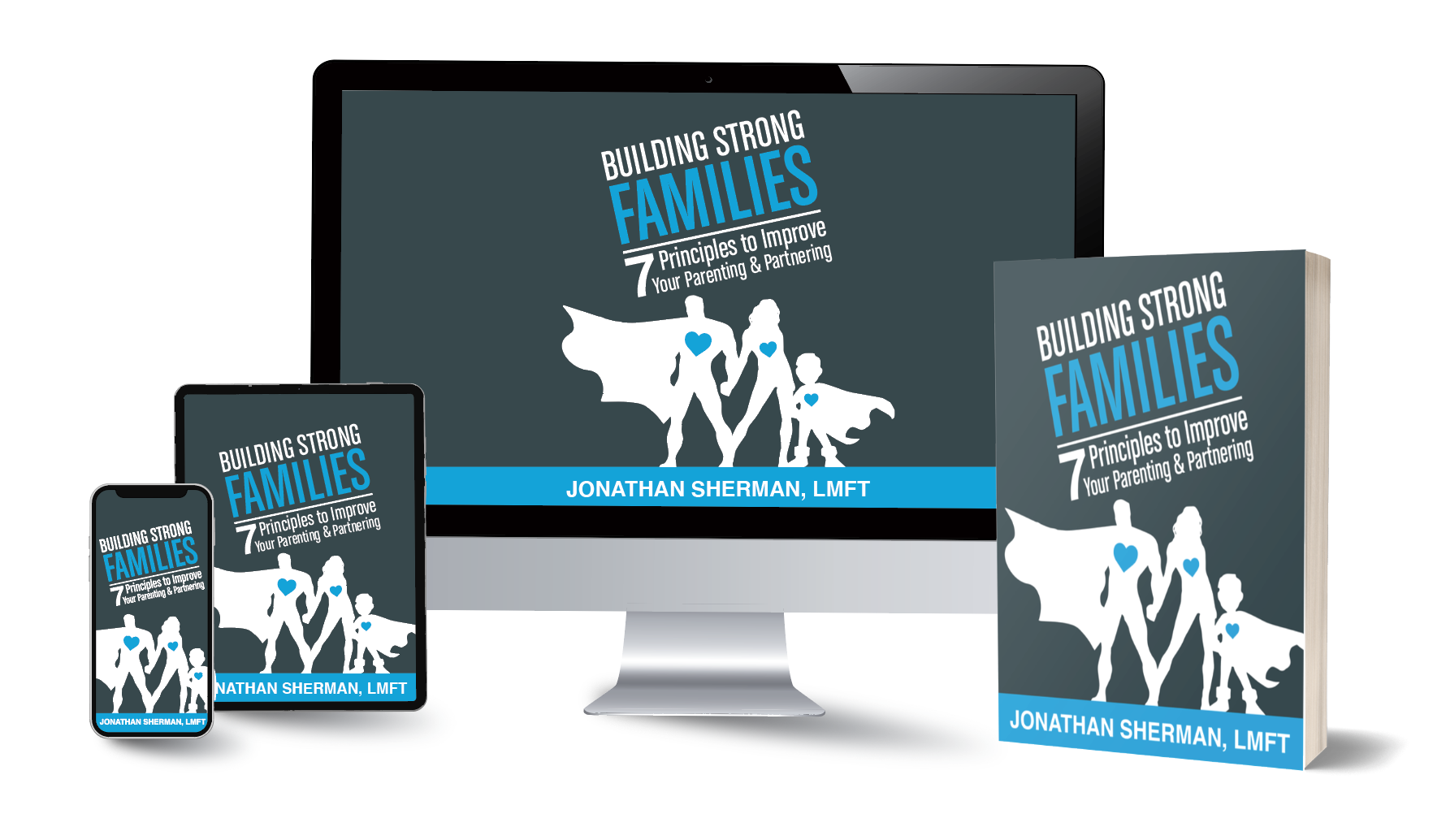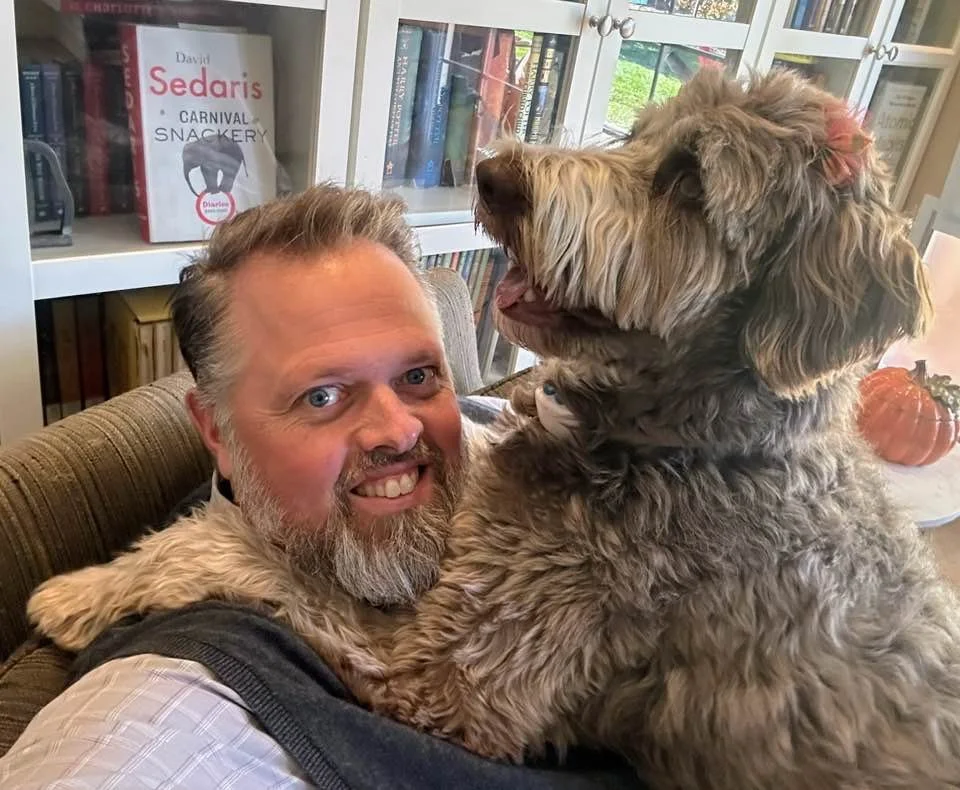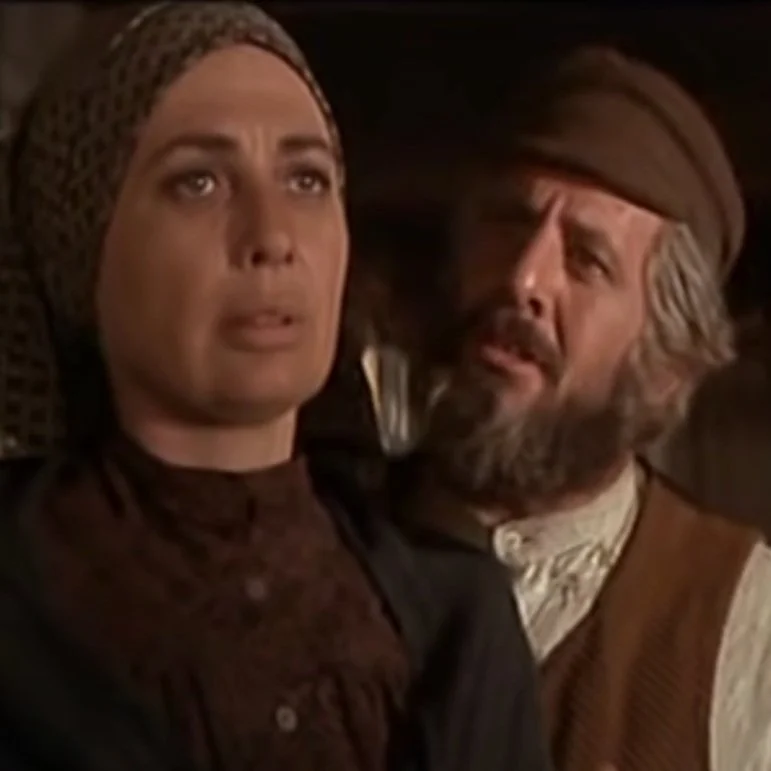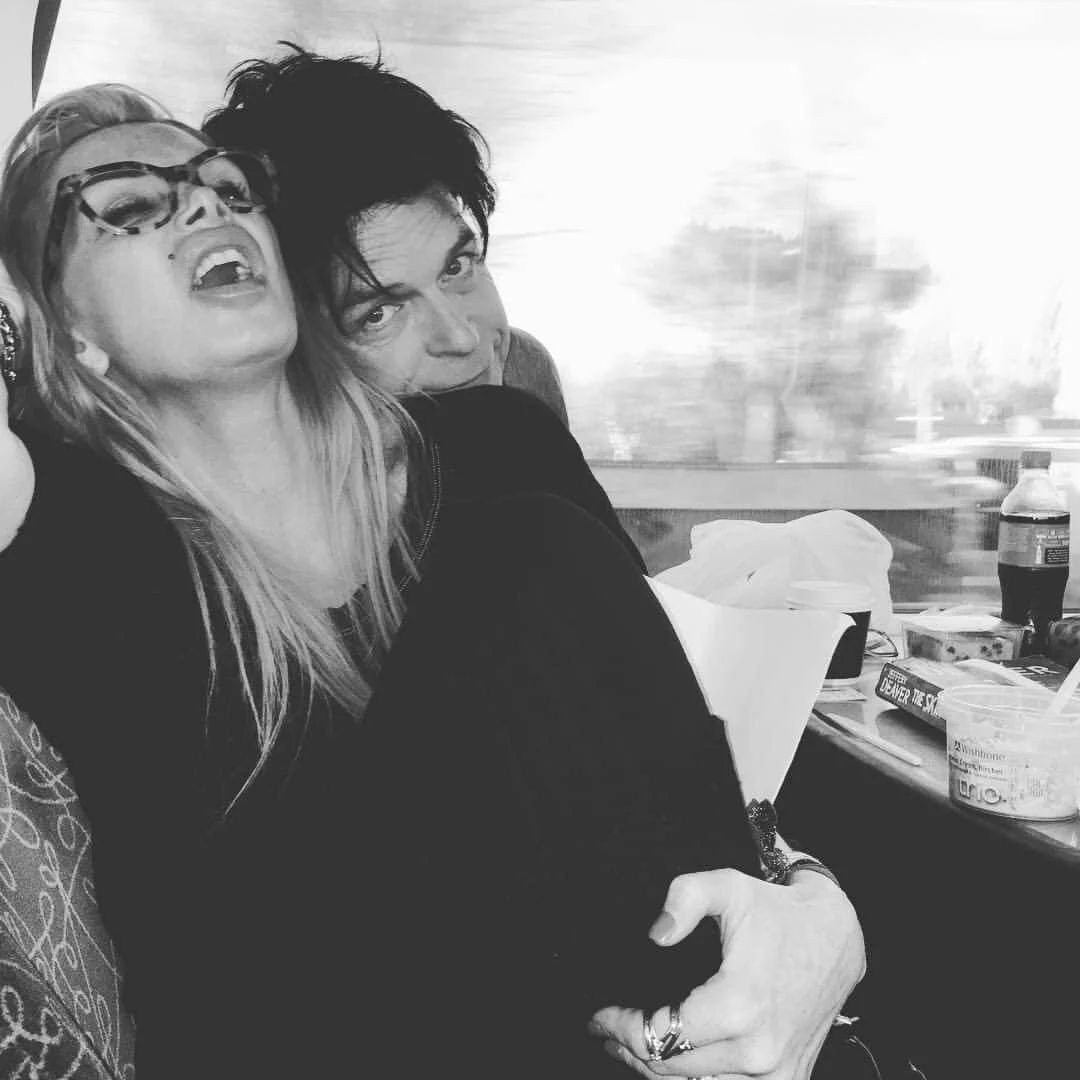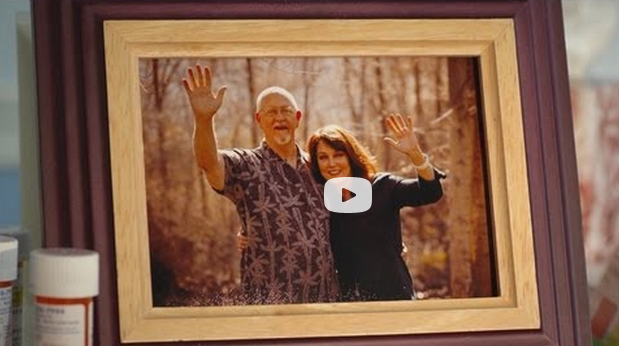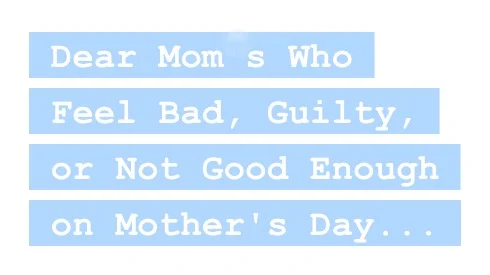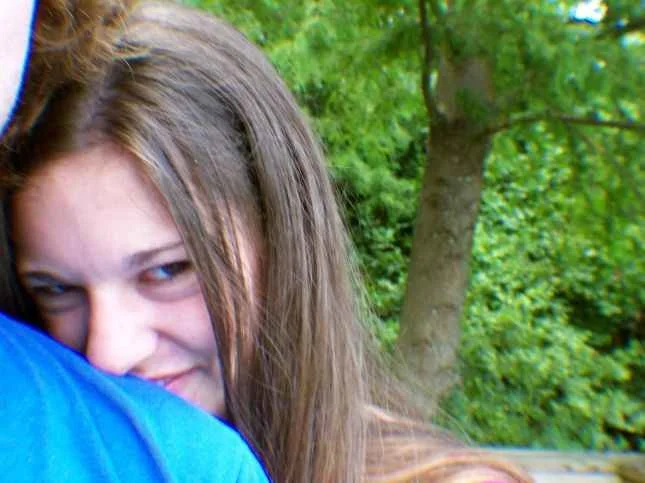Guest Blogger: "Hyde, Hulk, Gollum, and I: An Exploration of Our Dark Sides"
/A dear young friend of mine recently wrote the following paper for her English class. I liked it so much I asked her permission if I could share it with all of you here. For anyone interested in psychology, the power of radical acceptance, Freud and Jung, the "shadow self," classic literature and cool pop-culture references as well as better understanding depression (in yourself or others) then this is for you.
Hyde, Hulk, Gollum, and I:
An Exploration of Our Dark Sides
— Name withheld —
In the world, there have been many songs about people’s darker selves. Some more popular ones are Kelly Clarkson’s “Dark Side,” Imagine Dragons’ “Demons” and “Monster”, and Bastille’s “Flaws.” It seems as if the world is trying to make it known that everyone has two sides to themselves, and that we need to accept the darker side because it’s a part of who we are. Sigmund Freud was one of the first to believe this. He believes that we have three parts to us, the id, ego, and the superego. The id is our dark side, the superego would be our conscience, or shoulder angel, and the ego is the common ground between the two. If we don’t keep our personality in the ego, we can go too far into the superego or the id. If we do go too far into the id, we become selfish and don’t care about others. We become more animalistic and that’s not okay in our society, so we try to hide it.
In a personal interview with licensed marriage and family therapist Jonathan Sherman, LMFT, I asked him why we felt like we had to hide our dark sides, why it’s not okay to have one in our society. He said that people are afraid that if we open Pandora’s Box, they won’t ever get it closed; that it’s not normal to welcome your emotions in, talk to them and even go so far as to call them “friend”. We don’t have to hide our dark side, but we do because we’re scared people won’t accept our darker selves. I also asked him why we want society to accept that everyone has a dark side, but no one is willing to admit they have one. He said that we all want to be understood, but we are embarrassed to admit weakness, so we don’t give people enough information, so people don’t understand us. He also said that if we don’t share our weaknesses, they limit us, and the people we want to understand us. He made it clear to me that everyone has a dark side, but most people aren’t willing to admit to it. He talked about how in society, no one is really trained or taught to understand and handle our emotions universally, so since we don’t understand some emotions, we just label them as bad.
Our bad emotions are what people usually call their dark side, C. G. Jung likes to call this part the “shadow”. But just as everyone’s personality is different, everybody’s dark side is different too someone could have problems controlling their anger, frustration, sadness, etc. These differences can be explored by looking at Dr. Jekyll from the book The Strange Case of Dr. Jekyll and Mr. Hyde, Marvel’s super hero Dr. Bruce Banner, the character Smeagol from the trilogy The Lord of the Rings, and myself.
“Man is not truly one, but truly two.”
In the book, The Strange Case of Dr. Jekyll and Mr. Hyde, by Robert Louis Stevenson, Dr. Jekyll states that “man is not truly one, but truly two” (62), a good part and an evil part. Dr. Jekyll goes as far as trying to separate the two people by taking a potion of his own making. He succeeds in his experiment, but soon loses control and the evil part of him slowly starts taking over the good part.
There have been some more recent versions of this story. Some are true to the story, where the character actually changes physical form. For instance, Dr. Bruce Banner from The Avengers turns into The Hulk. He couldn’t always turn into the Hulk though. He was working as a scientist for the army building gamma ray bombs. He was in range when a bomb went off causing him to be infected with gamma radiation. The gamma radiation, along with his emotions of excitement and anger caused him to change into the green monster. Eventually, he learns how to control when the Hulk emerges and later uses him to fight against evil with the Avengers (Hulk).
But not everyone’s other side takes a different physical form. Smeagol/Gollum from The Lord of the Rings by J. R. R. Tolkien is a good example of this. Smeagol was a kind of hobbit, but of the River-Folk. After he took The Ring from his friend, Smeagol’s darker side, Gollum, started to show. He’s still in the same physical form, but it is almost as if he is two different people. The Ring was his potion, his gamma radiation, that made his evil side come out. Gollum took over Smeagol, although Smeagol was never truly gone. Frodo was able to bring him back for a little bit until Gollum finally overcame Smeagol and took control.
My personal Mr. Hyde isn’t as extreme as Jekyll’s and Banner’s; it is more like Gollum. My body doesn’t change form, but who I am inside does. I have depression. I don’t have a potion that changes more or something that sets off my evil side, it just happens. I’ve been trying to ignore my other self, but going on my recent study abroad trip helped me realize that this is a part of who I am.
Frieda Fordham has researched Jung’s shadow explains it as “the inferior being in ourselves, the one who wants to do all the things that we do not allow ourselves to do, who is everything that we are not, the Mr Hyde to our Dr Jekyll” (Fordham 49). To go deeper into the shadow, “it is all those uncivilized desires and emotions that are incompatible with social standards and our ideal personality, all that we are ashamed of, all that we do not want to know about ourselves.” (Fordham 50). The shadow is the person inside of us we are always trying to keep from coming out. When we need to be strong, we push our weak shadow away. When we need to be civilized, we push our animal shadow away. Some of the shadow that we let out, we might label so that people know it’s not who we usually are; things like “guilty pleasures”. And just like everyone’s personality is different, so is their shadow. Dr. Jekyll, Banner, Smeagol and I each have different shadows, we do have many similarities. We all have kept it a secret, we have tried to push them away, seek solitude, we are uncontrollably overtaken by them at times, and we hate our other halves. But with these similarities comes differences as well.
“Keeping secrets can be a hard, stressful thing; especially trying to keep your other half hidden from everyone around you.”
Keeping secrets can be a hard, stressful thing; especially trying to keep your other half hidden from everyone around you. Dr. Jekyll tried to keep Mr. Hyde a secret from everyone and had a rough time doing it. He had to worry about waking up as Hyde in Jekyll’s house (68), had to buy a new house and pay a new housekeeper for Hyde (66), couldn’t go out with his friends (38-39), etc. It all finally became too much for him and he had to tell someone, in a way, “I must employ another hand” he had thought when he was in trouble (74). He didn’t tell him everything going on, just enough that he could kind of keep his secret, but enough to convince his friend to help him. In the end, when Hyde started to take over more often, Jekyll would write down everything so that someday, someone would be able to read it and understand everything he went through.
For Bruce Banner, it was an easy choice in keeping The Hulk as much of a secret as possible. He would travel around the world, not staying in a place for too long, so that no one could find out his secret identity. Obviously certain people, like S.H.I.E.L.D. and the army, knew who he really was, but he didn’t want the whole world to know. He was ashamed of his other half and trained himself to try to control it so that Hulk wouldn’t come out and ruin his secret and cause damage he would regret. But accidents do happen. In the movie The Incredible Hulk, if his heart rate gets too high from physical activity, excitement, or anger, the Hulk could emerge.
We don’t know if Smeagol kept Gollum a secret because we don’t know a whole lot about his life before Gollum took over. In the movie The Lord of the Rings Return of the King, we get a glimpse into his life as a River-Folk. He’s fishing with his cousin, Deagol. Deagol finds The Ring in the river and Smeagol kills him to get it. Before he kills him, he asks for it and says “give us that, Deagol, my love”. By saying “us” we know Gollum was with him before he had possession of the ring, but we don’t know if he kept him hidden. When the movie shows him going to live in the caves, he says “they cursed us, and drove us away”. The “they” he mentions is most likely his friends and family. They would have driven him away earlier if they knew he had the darkness inside of him to kill his friends before. Since they didn’t, he had probably been keeping Gollum a secret from everyone else.
“Keeping my depression a secret has been one of the hardest things I have ever done, yet one of the easiest choices to make keeping it a secret.”
For me, keeping my depression a secret has been one of the hardest things I have ever done, yet one of the easiest choices to make keeping it a secret. When I first started feeling the depression, I thought it was just something that would go away within the week. When it didn’t go away, I was confused and wanted to talk to someone about it, but I didn’t want to talk to anyone close to me because they would tell me it was all in my head, that I was faking it, or that it would go away. So instead I reached out to my neighbor who I knew to be a counselor. Once I found out what I had, I buried it deep inside of me determined not to let it show. I became really good at pasting a smile on face, laughing at all the right times, etc. But it got harder to act as the depression grew worse. When I had my “resting face” on, people would ask me if I was okay because I looked sad. I started becoming angrier and would snap at the smallest thing. I never wanted to go out with friends because I felt like they could see through my charade.
Part of keeping secrets is pushing our other side away so we don’t have to deal with them. If we think about it all the time, we are more likely to talk about it. To keep Mr. Hyde at bay, Jekyll would take a potion. Every time he wanted him to go away he took a potion and away he went. Whenever Hyde did something horrible, Jekyll would do whatever he could to “redeem the past” action he had committed as his other self (73). By trying to hide what Hyde did, he was trying to hide Hyde, thus trying to push him away. When he killed a man as Hyde, Jekyll told his friend Utterson that he was “quite done with him” (30). He thought that he had pushed him away for the last time.
In the movie The Incredible Hulk, Bruce Banner is seen in the first part of the movie learning to keep The Hulk at bay. He learns new breathing techniques, learns that he has to keep his heart rate down, It seems like he’s learning to control it, but we don’t see him really learning to control it until the very end of the movie when he can turn into the Hulk at his own will. He is controlling his emotions more so that he has less chance of an accident, not controlling the Hulk. In controlling his emotions, he’s burying the emotions he wants to let out. By burying the emotions, he is essentially burying the Hulk inside hoping he doesn’t come out.
Most of the time when we see Smeagol, Gollum is in control of him. Smeagol can’t push him away until Frodo is there to help him. In the movie The Lord of the Rings: The Two Towers, Gollum and Smeagol are having an argument and finally Smeagol tells Gollum to “leave now and never come back”. Once he is free, he dances around because he’s so happy to be in control again. But Gollum comes back later in the movie, so we know Gollum was never truly gone, just buried deep inside Smeagol.
“I thought that if I could push it away, that eventually it would go away.”
When I first found out I had depression, I thought that if I could push it away, that eventually it would go away. I found that the more I thought of it, the more depressed I felt.If I didn’t acknowledge the depression, then it didn’t exist. I think it might have even worked for a while. But it always found its way back and overpowered me.
Sometimes the harder we push, the more forceful it is coming back to us. In the beginning, Jekyll could control whenever Hyde could come out. Until one morning he had woken up from his sleep as Hyde when he had gone to bed as Jekyll (68). From then on, he had to take the potion more often to keep Hyde at bay. Until finally Hyde completely overtook Jekyll. In his letter, Jekyll said he had run out of potion and this would be “the last time, short of a miracle, that Henry Jekyll [could] think his own thoughts or see his own face” (78).
By pushing the Hulk inside, Banner thinks he is in control of when he can change into the Hulk. In The Incredible Hulk movie, when the military is chasing him through the Brazilian town he is staying in, we see him trying to use his breathing technique he learned and trying to keep his heart rate down, but he still changes into the Hulk. He’s gone 158 days without turning into the Hulk. If you hold something inside for a long time, it’s bound to pop out eventually. The longer held back, the bigger the bang. And that’s exactly what happened with Banner. Then the days get fewer and fewer where he turns into the Hulk.
When Smeagol feels betrayed of Frodo in The Two Towers, Gollum comes back to comfort Smeagol. Then the rest of the movie and the whole of Return of the king, Gollum is in charge again. We hardly ever see the real Smeagol again, only once or twice when he’s talking to Gollum about killing the hobbits. It is as if Smeagol pushing Gollum away, even just for those few days, gave Gollum more control over him when he came back. When Frodo betrayed him, he needed someone to be his new master and Gollum took that role.
When I first started having the depressing thoughts and feelings, I got them maybe once or twice a month. Just like Jekyll thought he could handle Hyde, I thought I could handle it if it was just every once in awhile. But over the past year, it’s grown worse. I noticed that while I was in London, I didn’t feel depressed at all. Then when we went to Edinburgh, I started to feel more depressed. When we left and when back to London, I could feel the depression leave. London was my potion to get my depression away. Now that I’ve returned from the study abroad, I’ve been depressed almost every day. I think since I pushed it out the few weeks in London, it is coming back full force to make up for the lost time.
“Living a double life is living a lonely life. ”
Also by pushing ourselves away from ourselves, I think it eventually leads to us pushing ourselves away from others as well. Living a double life is living a lonely life. Dr. Jekyll is worried that he could change into Hyde at any moment and hurt more people that he shuts himself away in his room and won’t see anyone. At one point, when Dr. Jekyll is hiding away in his room, he’s so desperate for company, but doesn’t want anyone to come inside, that he talks to his friends out the window but quickly shuts it when he feels Hyde coming out (39). When jekyll starts to feel Hyde taking over more, he writes to his friend Utterson, in ending his letter, he says “Your unworthy and unhappy friend” (51). He doesn’t feel worthy of his friendship because he’s been a terrible friend to him since the experiment, but he has been trying to be a good friend by keeping away from him because he could turn into the horrible Mr. Hyde at any moment. Friends protect friends from getting hurt.
Like Jekyll, Banner secludes himself from his friends. But instead of locking himself in his room, is constantly traveling around. He doesn’t stay in one place for too long. We know he doesn’t want to hurt anyone, but he also doesn’t make friends where he goes. We see in that while he is in Brazil, his only friend is his dog. And when he goes back to where he used to live, he tries to avoid contact with his old friend Betty. In the movie Avengers: Age of Ultron, it’s clear that Black Widow and Banner have a connection, but he keeps avoiding having a relationship with her. They talked about running away from the war with each other but in the end, he ends up running away from her as well as the rest of his friends.
Smeagol took the ring and he went to live somewhere else, by himself, like Banner left to live by himself. As stated before, he was driven away, but instead of going to live with other people, he chose to go live by himself in a cave. Even though he chose the solitude, he said, in Return of the King, “we wept to be so alone”. I think his being alone brought out Gollum a lot as well. When you’re all alone, the only person to talk to is yourself. He only had Gollum to talk with and be friends with. Especially after he felt betrayed by Frodo, the only person he felt he could trust was Gollum.
Whenever I get depressed, I never want to be around people. Part of it is because they get on my nerves. Another part is I know I’m not acting like the person they know so I feel like they won’t want to be with the darker, meaner part of me. I saw this a lot in March and April 2015. Throughout February and half of March, I was feeling great. My roommate and I got along, I was hanging out with a cute boy, then one day in March I got hit really hard with depression. I was irritated all the time with my roommate, and I wasn’t as nice as I had been. I noticed that I was meaner so I drew into myself. I didn’t want to accidentally lash out on one of my friends, so I didn’t hang out with them as much. I could tell they noticed my mood change, and that made me feel worse because I wasn’t hiding it as well as I thought. It lasted a lot longer than it usually did, which made me more irritated and mad. On April 30, 2015, I wrote this in my journal: “I’ve been such a prat this whole month and I feel awful...We (my roommate and I) finally talked tonight and it was good. I apologized for being grumpy this month and she said ‘Well, it’s over now. Don’t you feel happy?’ but it’s not over. The depression won’t leave. I hate it so much.” I’ve also noticed since I’ve been home from my study abroad to London that I have been avoiding being with my family because I can feel the same thing that happened with my roommate happening with them. Even on my study abroad I could feel the same thing happening. When we went to Edinburgh, I could feel myself closing off from the group a bit more. I could also feel the grumpiness coming out. Luckily we made it back to London before I could get too grumpy.
Something we all have in common is hating our other halves, but we all need to accept them. Hyde started out his experiment accepting his other self. He accepted him so much, that he wanted to bring Hyde out so he could be Hyde sometimes, and Jekyll at other times. He wanted to be able to do bad things without feeling guilt from one half of himself, and do good things without feeling “the aspirations and remorse” from the other half (62). But later, he came to regret pulling the two apart. He came to hate Mr. Hyde and the evil he did. If he had accepted the two parts living together, instead of pulling them apart, everything would have ended differently. He might not have died, he might not have killed a man, etc. He needed to accept both his selves as one person, not as two different people.
“Instead of trying to be a happy person all the time, and letting his anger out in the Hulk once in awhile, he let’s the Hulk out all the time by being angry all the time [in a controlled way]. His acceptance brought out the “good” in the Hulk.”
At the end of The Incredible Hulk, it seems like he’s finally accepted who he is. He doesn’t say it, but instead of trying to keep the Hulk hidden, he’s trying to release the Hulk without being a raging monster. He learns how to turn into the Hulk on command. In The Avengers, we learned how he does this when Captain America says, “Now might be a good time for you to get angry,” and Banner replies, “That’s my secret Cap, I’m always angry.” His way of accepting the Hulk was being the Hulk all the time in his own way. Instead of trying to be a happy person all the time, and letting his anger out in the Hulk once in awhile, he kind of let’s the Hulk out all the time by being angry all the time. His acceptance brought out the “good” in the Hulk. Instead of destroying things in uncontrollable rage and hurting people, both the innocent and the guilty, he got to destroy things while saving people.
Smeagol never really accepts Gollum. He fears him, so he lets him hang around, but he hates him. He even says, “I hate you,” to Gollum in the second movie before he tells him to go away. When he refers to himself, he always says “we” and “us” instead of “me” or “I.” And in not accepting his other self, just fearing him, he let’s Gollum take control of his life, which eventually makes him die. Smeagol was fine having Frodo be his master until Gollum came back and made him turn against Frodo. It was Gollum’s idea to kill Frodo and Sam and take the ring. It didn’t even seem like Smeagol wanted the ring when Gollum was out of the picture for a bit, he was glad to be rid of Gollum and to have Frodo as his master. If Smeagol had accepted Gollum and tried to work with him, maybe he wouldn’t have ended up in burning in lava with the ring.
Seeing that the two people who didn’t end up accepting their dark side, Jekyll and Smeagol, end up dying, I’ve decided to try and accept my depression. I would rather work with myself than die. As I’ve come to accept my depression, I’ve noticed I’ve come to a middle ground. I’m not super sad and depressed, but I’m not super happy all the time either. I’m just calm all the time. I don’t really show, or feel emotions at all. It drives my friends and family crazy, but it’s easier to accept myself on the middle ground. I would rather not show emotion at all than to hash out every once in awhile, but be super happy the rest of the time. People won’t noticed the difference between my normal self and when my depressed self because there won’t be a difference in me if I’m stuck in between the two. Sherman agrees with me that we need to accept our other halves. He quoted Socrates saying, “The unexamined life is not worth living,” and explained that examining our lives is looking at and facing these things inside ourselves. He said that it’s okay to say you’re awesome, but sometimes you suck. We need to be okay with both. We need to own both of ourselves.
Looking at these three examples has helped me realize that I’m not the only one out there with a dark side. I don’t need to be ashamed of my depression. Just like Sherman said, I need to own my depression. It’s a part of who I am, and I can either accept it and be a hero like Hulk, or let it take over me and, in a way, kill who I am, like Gollum and Hyde. One thing that I learned on my study abroad by reading The Graveyard Book by Neil Gaiman is “wherever you go, you take yourself with you” so you might as well like and accept yourself (104).
Works Cited:
Avengers: Age of Ultron. 2015. Theater.
Fordham, Frieda. An Introduction to Jung's Psychology. Baltimore: Pelican, 1961. Print.
Gaiman, Neil, and Dave McKean. The Graveyard Book. London: Bloomsbury, 2009. Print.
Heffner, Christopher L. "Chapter 3: Section 5: Freud's Structural and Topographical Model." AllPsych. Web. 30 July 2015. <http://allpsych.com/psychology101/ego/#.VbqvpflViko>.
"Hulk (Bruce Banner) - Marvel Universe Wiki: The Definitive Online Source for Marvel Super Hero Bios." Marvel Universe Wiki RSS. Web. 24 July 2015. <http://marvel.com/universe/Hulk_(Bruce_Banner)>.
Sherman, Jonathan. Personal Interview.
Stevenson, Robert Louis. “The Strange Case of Dr. Jekyll and Mr. Hyde.” The Strange Case of Dr. Jekyll and Mr. Hyde and Other Stories. Ed. Jenny Davidson New York: Barnes & Noble, 2003. 5-78. Print.
The Avengers. 2012. DVD.
The Incredible Hulk. 2008. DVD.
The Lord of the Rings: The Two Towers. 2002. DVD.
The Lord of the Rings: The Return of the King. 2003. DVD.


